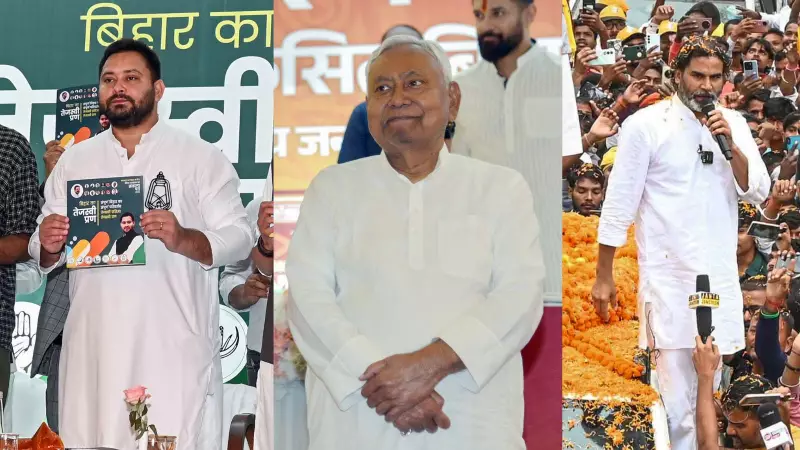
As Bihar prepares for the crucial 2025 assembly elections, the state stands at a political crossroads that could redefine its future trajectory. The perennial debate between caste calculus and development agenda has never been more relevant, with voters showing increasing signs of demanding tangible progress over traditional identity politics.
The Changing Voter Mindset
Recent ground reports suggest a significant transformation in voter priorities across Bihar. While caste affiliations have historically dictated electoral outcomes, there's growing evidence that development issues are gaining prominence in voter decision-making. Employment opportunities, quality education, healthcare infrastructure, and basic amenities are becoming the new talking points in political discourse.
Economic Realities Take Center Stage
The post-pandemic economic landscape has forced a reevaluation of political priorities. With migration patterns disrupted and traditional livelihood sources under stress, voters are increasingly looking for concrete solutions to economic challenges rather than relying on caste-based assurances.
Political Parties' Evolving Strategies
Major political players in Bihar are carefully recalibrating their campaign approaches. The traditional caste-based mobilization is now being complemented with strong development narratives. Parties are walking a tightrope between maintaining their core caste constituencies while appealing to the emerging development-oriented voter base.
The Youth Factor
Younger voters, who constitute a substantial portion of Bihar's electorate, appear particularly focused on development issues. Their aspirations for better employment opportunities and improved quality of life are gradually reshaping the political conversation in the state.
Regional Variations in Priorities
The balance between caste and development concerns varies significantly across different regions of Bihar. While urban and semi-urban areas show stronger inclination toward development politics, rural constituencies continue to grapple with the complex interplay of caste dynamics and economic needs.
Infrastructure as a Game Changer
Visible infrastructure projects and service delivery improvements are emerging as crucial factors that could potentially override traditional voting patterns. Voters appear increasingly willing to reward performance and punish non-performance, regardless of caste considerations.
The Road to 2025
As political parties fine-tune their strategies for the 2025 elections, the fundamental question remains: Will Bihar witness a paradigm shift where development trumps caste, or will traditional identities continue to dominate the political landscape? The answer could determine not just the election outcome but the state's developmental trajectory for years to come.
The coming months will reveal whether Bihar's political evolution matches the changing aspirations of its people, marking a potential turning point in one of India's most politically significant states.






